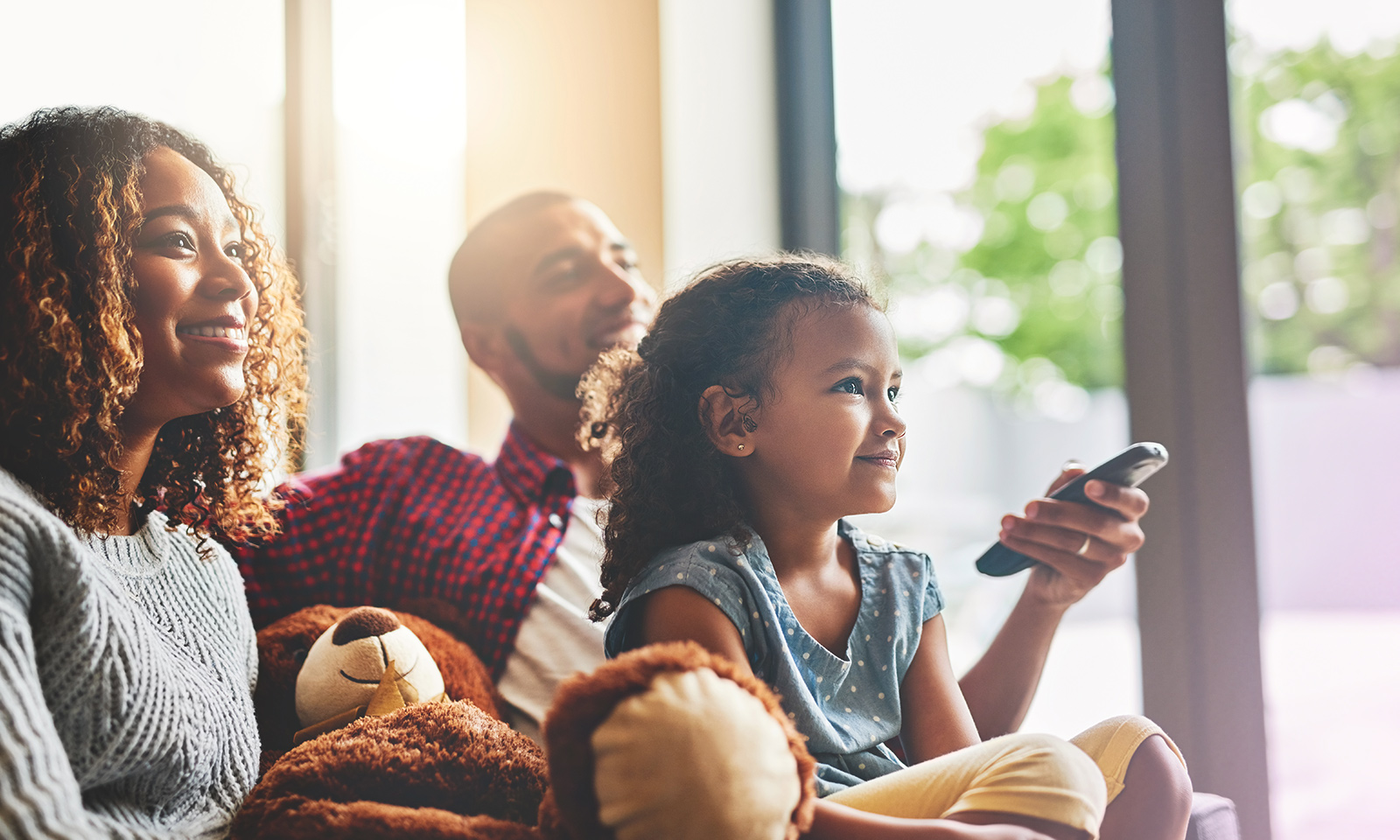
Always more connected
Digital balance

26 july 2022
Screens offer many advantages but when they are overused or misused, they can have the opposite effect by being detrimental to our well-being. This is why we must strive for a more balanced use … and it is not just a question of time spent online!
To assess your child’s habits (and yours!), consider 3 important elements and ask yourself a few questions.

Checking social media every day, watching Netflix as a family every evening, playing games on the family tablet, in addition to using the computer for school or work… We completely lose track of the time spent in front of screens!
Time spent online can be separated into two categories:
Try evaluating the time each family member spends online:
The goal is not to eliminate screens from our life, but rather to become aware of the place we allow them to take (some applications can help us achieve this), then, if necessary, to reduce our time online by taking regular breaks. In short, to make sure that our time online is not at the expense of the other areas of our life.
Online activities are not created equal in terms of quality. In general, does your family mostly consume content that is:
The goal is to prioritise content that adds something positive and provides benefits… in short, to improve our digital well-being.
There are times to watch screens and other moments where connecting becomes an obstacle that cut us off from the offline world and the people around us.
The moments when we use our screens can be separated in two categories. On average, are the moments when your family uses screens:
The goal is to reduce our screen use at inappropriate times… in short, to fully enjoy our offline moments.
Having a balanced use of the Internet in our hyperconnected world also requires the ability to put aside our screens more often on a daily basis such as when we return home, 1 hour before bed, when we wake up or during part of the weekend. The idea is to be offline more often in order to become more aware of what’s going on around us.
To really understand our relationship with screens and realize the place technology holds in our lives, nothing beats the experience of unplugging for a slightly longer period of time, for example for 24 hours. This practice, which has many benefits, can serve as a revelation and push us to reconnect in a more conscious way instead of doing it by habit, to keep control by focusing on online activities that improve our wellbeing.
In the era of high-speed life where everyone is running around, less screen time gives us the gift of more time to sleep, move, read, relax, think, be with others, get involved, etc.